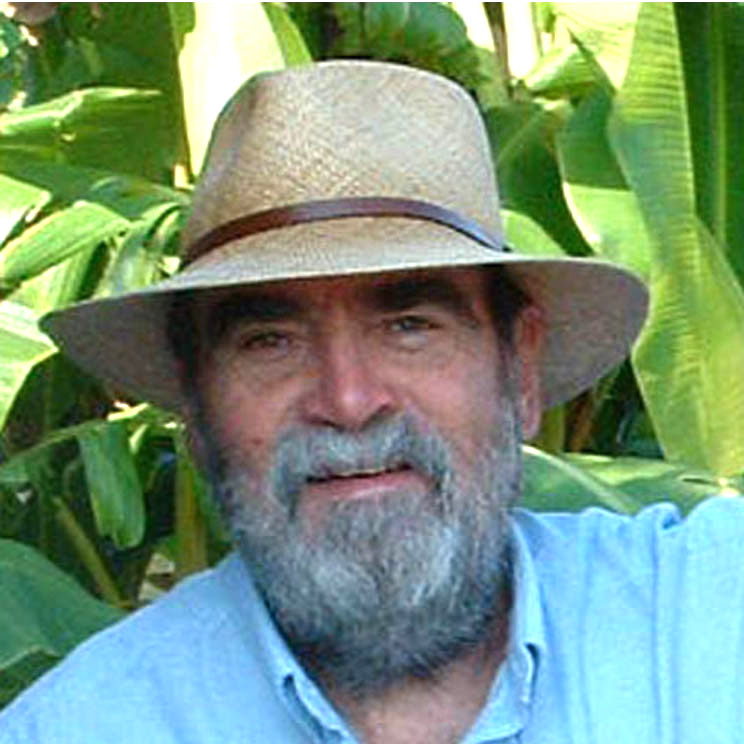Readers Ask ….
Q: Why did you set your book in Oaxaca, Mexico, and why the year 1998?
A: I am drawn to places that I know or want to know better. My novel, The Journey of Hector Rabinal, begins and ends in Guatemala, a place that I had been while their terrible war of the late twentieth century was ongoing.
I ventured to Oaxaca first in the early 1970s, and after other shorter visits, lived there with Lynn, my wife, for six months during the 1990s, so felt both enchanted by that city and aware of its changes. I chose 1998 wanting to avoid the version of Mexico that now dominates the news; immigrants at the border, cartels, drugs, and violence. Writing a novel set in Oaxaca, looking deeply and honestly into that place and its people, was challenging and rewarding.
Q: Your writing has been described as having a strong sense of place; in your case, Texas. In Oaxaca, 1998, your main characters leave Texas. How difficult was this change?
A: I loved the change, transporting myself for those years of writing out of America and away from Texas. I finished the story during the time of Covid, which was a wonderful escape. I feel as if I lived most of those two years in Oaxaca.
Q: How comfortable are you, writing a large part of the book from a woman's point of view?
A: I grew up in east Texas, a place where women told the stories, especially those of families, and I listened; my mother's nickname was Talkie. I have written my stories from a variety of points of views, from that of an eleven year-old girl, a fourteen year-old boy, to women in their thirties and forties, middle-aged men, and an old man struggling with his mortality. Someone has said that if a writer can write only from his or her birth identity or age, then everything risks becoming a memoir.
Q: The ending leaves some things in the story unresolved for the reader. Can you elaborate on why you chose to end the book this way?
A: I worked on that ending quite a bit, and finally I trusted the two main characters, a woman and a man, who had brought me to this point. I guided them to a restaurant for lunch, pulled up a chair next to their table and watched them interact. I listened to what they said and wrote it down. Somewhere in a fictional universe their lives go on, but novels end.

